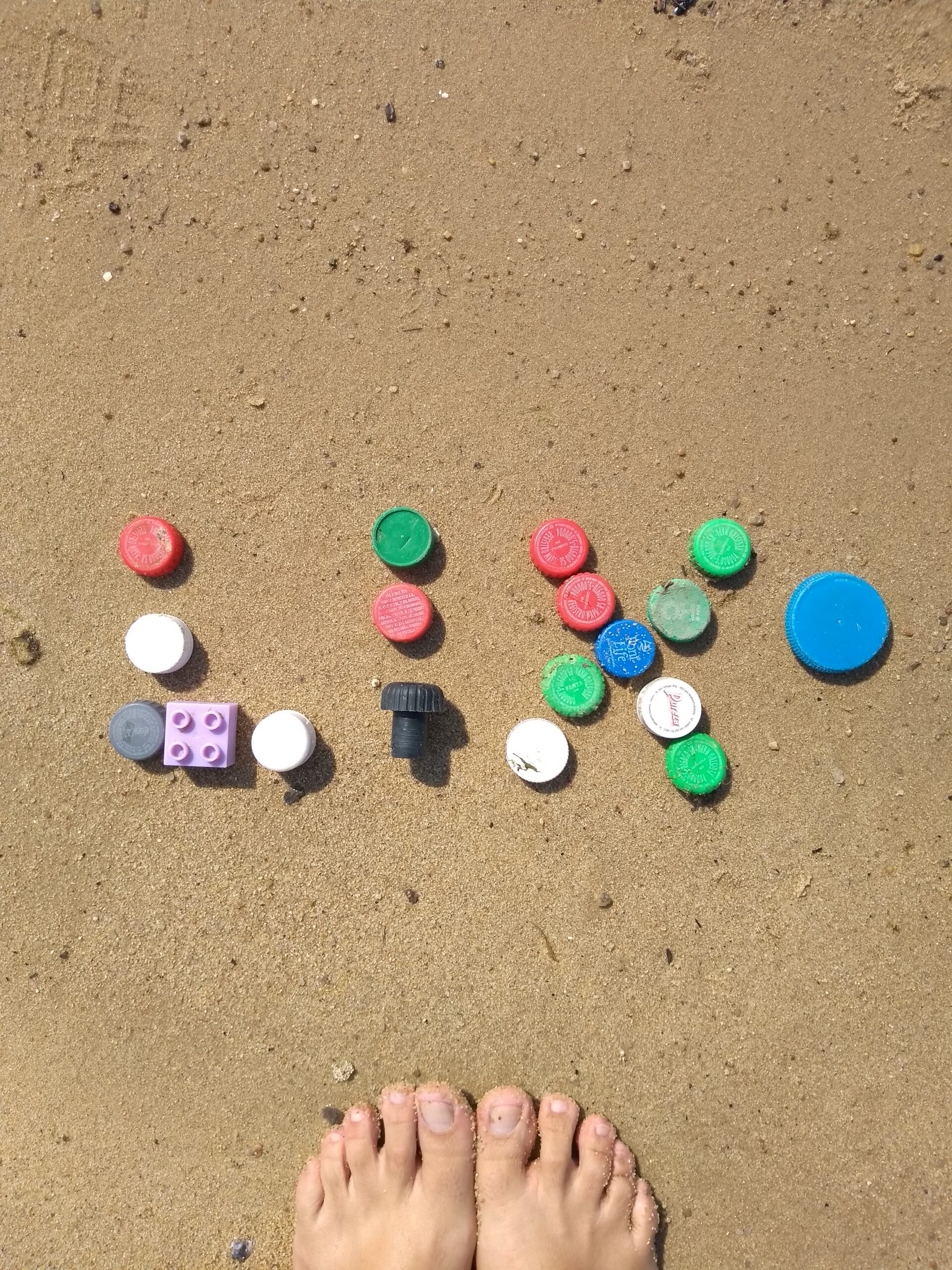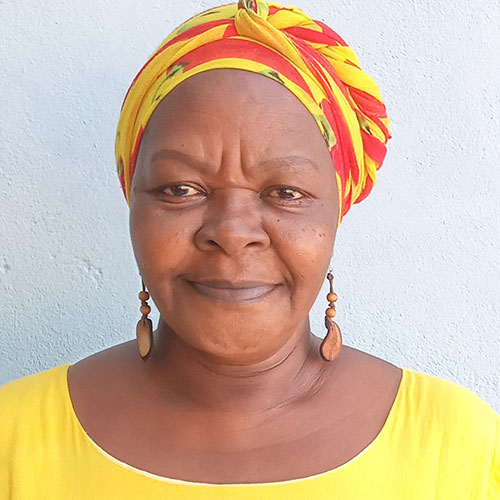How to turn your love of the beach into essential work for the environment?
Founded by Katia Alcântra, the Lixo de Praia project seeks to collect waste from each and every beach it visits


Did you know that, according to Portal G1, Dutch researchers have already found fragments of plastic in human blood? This strong statement is in line with information provided by Recicla Sampa, which states that data from the latest Diagnosis of Urban Solid Waste Management in Brazil show that the country generates more than 80 million tons of waste every year – and more than 70% of Brazilians do not separate their waste.
A part of society, although very small, such as institutions, groups and single persons (such as waste pickers), are doing what they can, but there is still a lot of awareness lacking to reach an optimal recycling volume.
Katia Alcântara, better known as Tati, is one of those many people who does a solitary job in favor of the environment. She collects solid waste on the beaches where she passes, and also tries to raise awareness through her manifest profile “Lixo de Praia” (Beach Trash), which also fulfills the role of denouncing the growing pollution of the beaches.
Tati lives in Palhoça, Santa Catarina, in the metropolitan region of Florianópolis. She says she always liked to go to the beach very early and take pictures, but when she arrived, she saw a lot of dirt, especially after the ocean swell. So that the photos would not be ugly, she would remove the garbage from the sand before the photographic record, and with that she ended up uniting her passion for photography with her own manifest.
Another reason that led Tati to create Beach Trash was the intention to show that, if everyone does their part, it will be better for the environment and all of us. The initiative started on the beaches in the region where she lives, but Tati doesn’t limit herself to those spaces. She ends up picking up any trash wherever she goes and can’t understand how someone can go to a beach, see the sand full of dirt, or walk around the neighborhood where they live, see litter on the streets, and consider it normal. She says that trash is everywhere, it’s a human-made production: wherever humans go, and even where they haven’t reached yet, they produce trash.
This quote goes hand in hand with an article from Galileu Magazine, which reports that in 50 years of robotic exploration, there are already 7.1 metric tons of human-made waste. This includes discarded equipment, inactive spacecraft, and various debris.
“I’ve had this view on trash since 2016, and I believe that we all are responsible for waste generation, whether it’s the industry, distributor, trader, or end consumer. Trash is a public health issue. It’s a matter that encompasses many aspects, such as the social component, the lack of responsibility from companies, irregular waste collection, insufficient support for recycling cooperatives and waste pickers, who are the invisible environmental agents, the implementation of environmental education in schools, and other actions. People throw trash out of apartment windows, car windows, buses, trains… The only reason they don’t do it from planes is because the windows are closed,” says Tati.
What is the destination of the trash collected by Beach Trash?
Whatever is reusable, Tati uses for herself. When there are clothes in good condition, she washes them and places them in donation points, and what is recyclable, she sells. Tati also set up a mini itinerant museum that can be visited. There are more than 500 pieces on display.
Tati gives presentations, delivers lectures in companies and schools, and leaves a request to everyone reading this article: “Wherever you are, with whatever time you have, talk to people about this. Society as a whole needs to rethink waste production and disposal. We pay to keep trash in landfills and dumps; why not reuse packaging? You can also separate your trash and donate it to someone in need who can turn your waste into money. Recycle!”
Tati only photographs what she can remove from the beach.
Comment, share this idea!
For more information about Beach Trash, follow “Lixo de Praia” (Beach Trash) on Instagram.



